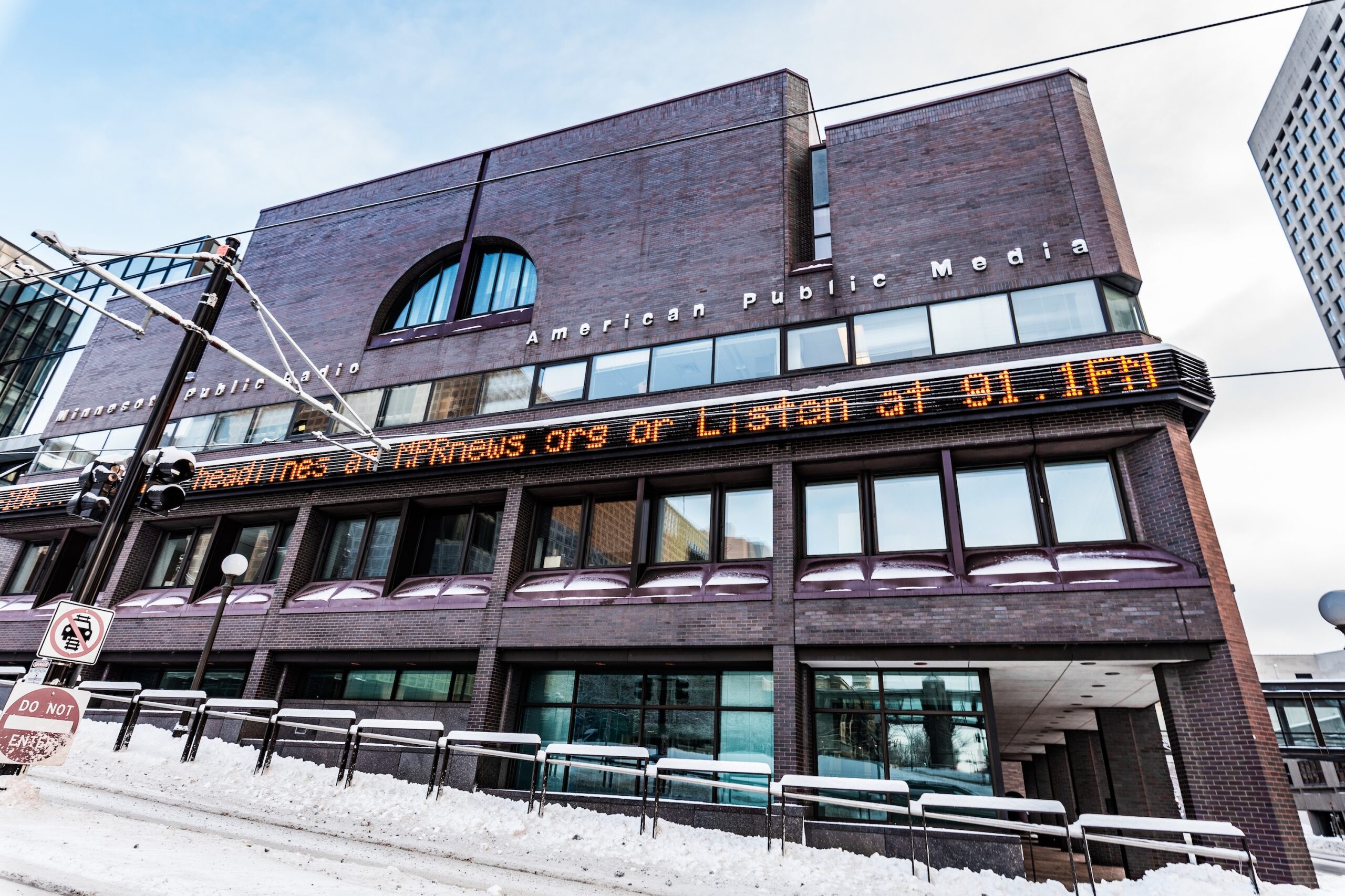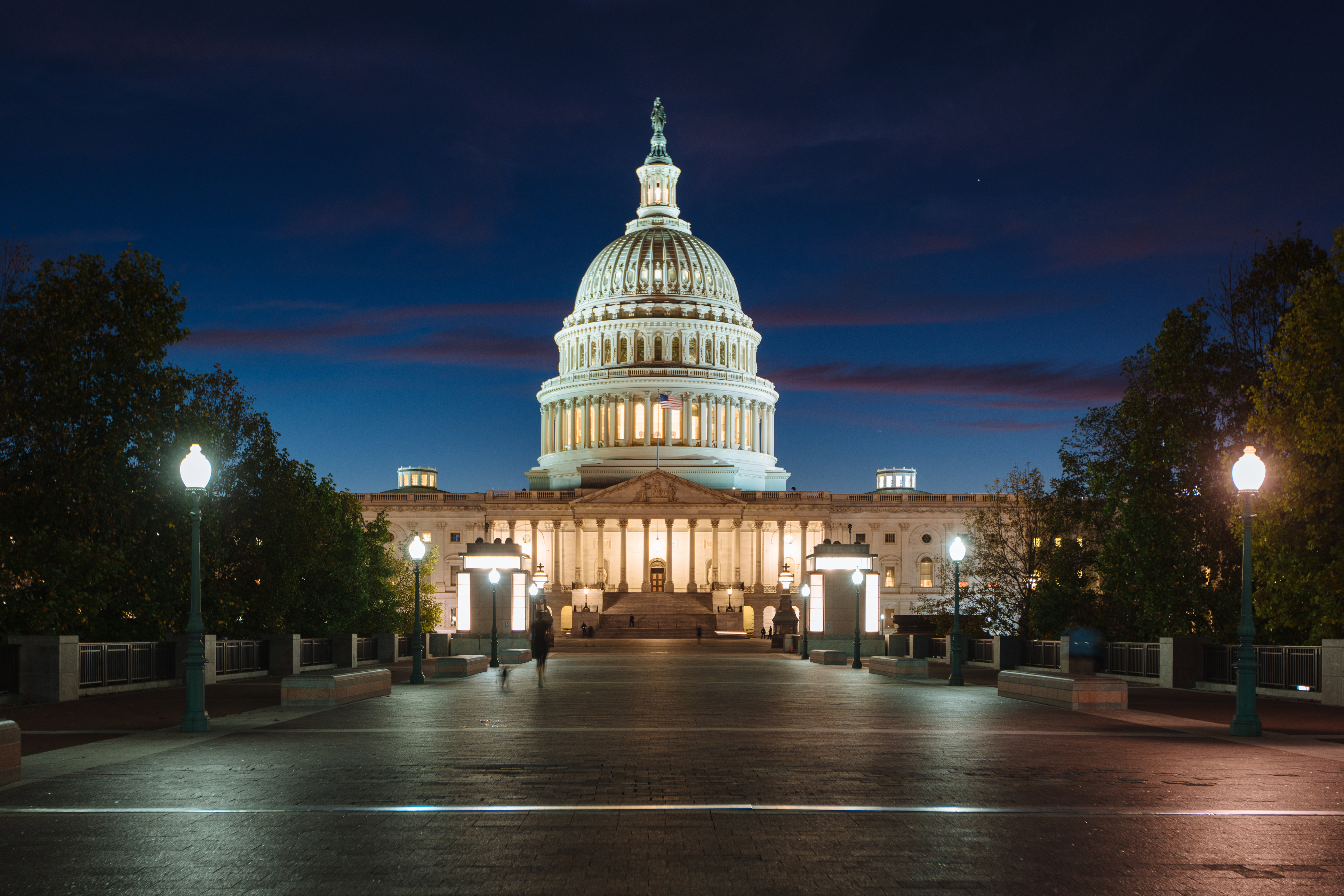The additional funding proposals come at a time of significant economic uncertainty for US public media.
The Corporation for Public Broadcasting (CPB) may receive $515 million in advanced funding for Federal Year (FY) 2023, an increase of $50 million from FY 2020. The proposal was included in the 2021 Departments of Labor, Health & Human Services, Education and Related Agencies Appropriations Bill, which was approved by the House Appropriations Committee last week.
The Committee also recommended a funding increase of $30 million for educational programme ‘Ready to Learn’ for FY 2021 as well as a full $20 million round of funding for station interconnection – a distribution network for national programming and support during nationwide emergency alerts.
CEO of America’s Public Television Services (APTS), Patrick Butler, welcomed the Committee’s proposals in a press release, saying: “The federal investment in public broadcasting is essential to local public television stations’ public service missions of education, public safety and civic leadership, and to ensuring that everyone, everywhere, every day has access to these essential services for free.”
But while public media advocacy group, Protect my Public Media, also welcomed the proposals, they are now calling for Congress to provide additional emergency funding in light of the COVID-19 pandemic. The crisis has hit hard across all stations, with many cutting programming and jobs, leading to questions as to whether the proposed funding will be too little too late.
Read more: Emergency funds for US public broadcasting
National broadcaster PBS is among the latest to reduce its workforce and make departmental changes. According to Current, the broadcaster has cut jobs by around 6% due partly to the uncertainties caused by COVID-19. CEO Paula Kerger said that PBS would be focusing on “implementing multi-channel fundraising strategies to help member stations maximise revenue opportunities.” Meanwhile, the Washington Post reported earlier this week that NPR’s CEO is “projecting a deficit of $30 million to $43 million — by far the largest in NPR’s 50-year history.” NPR has already recorded a fall in listening figures during the pandemic. The fall has been partly attributed to the lack of commuters during lockdown, which usually sends significant traffic to NPR’s radio shows.
Looking ahead, the next step will be to convince the House of Representatives to vote for additional funding to ensure a more sustainable future for public media. While the COVID-19 pandemic has clearly demonstrated the value of objective, independent public media in the US, particularly on a local level, it has also highlighted its vulnerability. The Public Media Alliance will continue to report on these unfolding developments and backs calls for additional and emergency funding to support independent public media in the United States.
Header image: A view from 2017 of the US Capitol after the recent restorations. Credit: erick4x4/iStock
Related Posts
20th May 2020
CPB requests additional emergency funds from Congress
The Corporation for Public Broadcasting…


